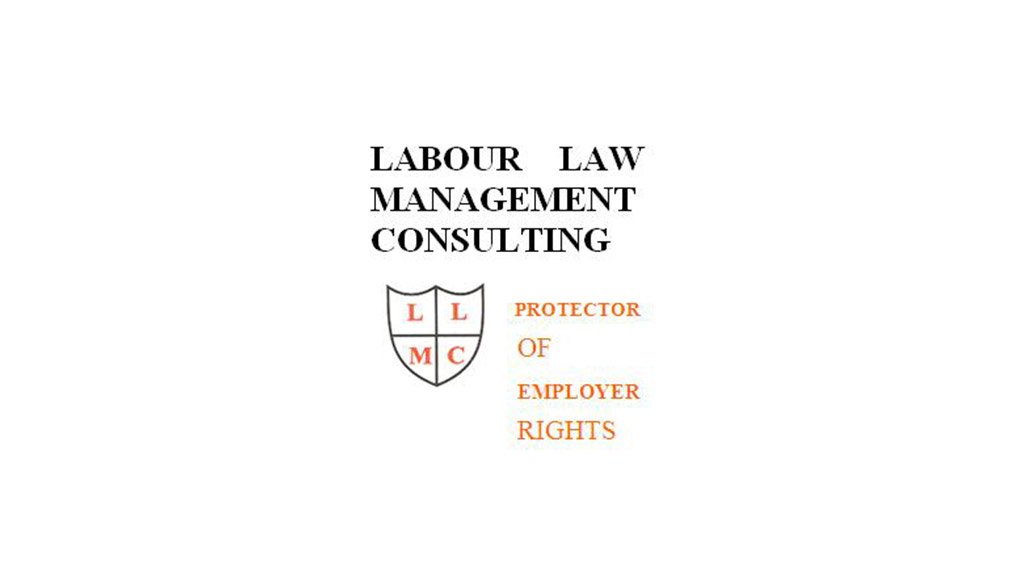Where an employee successfully alleges that his/her resignation was involuntary and was coerced by the employer, the resignation becomes a constructive dismissal.
In order to convince an arbitrator or judge that unfair constructive dismissal has in fact taken place the employee must prove a number of things including that there was no reasonable alternative at the time but for the employee to resign in order to escape the unbearable circumstances.
This duty of the employee must not be simplistically interpreted. Passing this test will depend a great deal on whether, under the circumstances at the time, the employee could reasonably have been expected to stay on in the employer’s employ for purposes of referring the unfair labour practice dispute. Truly unendurable circumstances would make such a route unreasonable.
In the case of Makombe vs Cape Conference of the Seventh Day Adventists (Lex Info 28 March 2025 Labour Court case number CO4/2023.) the Labour Court found that employers are obligated to attend properly to serious grievances lodged by employees.
Makombe was a female pastor who experienced numerous work-related problems that resulted in her being hospitalised for depression. She lodged several complaints regarding these problems, foremost of which was that congregants in some of the places where she worked did not want a female pastor. While the employer attended to some of her grievances it failed to attend to the most recent one where the George congregants mistreated her.
Makombe eventually resigned due to the stress caused by her working conditions and claimed constructive dismissal at the CCMA. The arbitrator rejected her claim on the basis that the employer had tried to assist Makombe and that she had failed to prove that her stress had been caused only by her work circumstances.
The Labour Court found that the church had failed to do anything to alleviate the congregation’s mistreatment of Makombe that had resulted in hardship and humiliation. As a result she had had no option but to resign due to the severe depression caused by her working conditions.
The Court ordered the employer to pay Makombe 12 months’ remuneration in compensation and to pay her legal costs. The compensation order alone totalled over a quarter of a million rand.
Had the employer intervened in George, for example, by sending a senior church official to appeal to the congregation to accept Makombe the outcome of this case may well have been different. It appears that the employer’s inaction may have resulted from reluctance to upset the George congregation. Had the employer appreciated its legal obligation to create a safe working environment it would have been able to prioritise the need to assist the employee. Such understanding is best obtained via thorough training in the myriad of laws obligating employers to treat employees fairly.
The innovative video series WALKING THE LABOUR LAW TIGHTROPE assists employers to provide their managers with very inexpensive training that allows the managers to achieve necessary knowhow at times suitable to their very busy schedules. Its 48 chapters, averaging 10 minutes in length each, can easily be watched at junctures when the manager has time. This greatly informative yet very engaging and practical video series provides crucial and user-friendly learning through the use of a stimulating, animated case study that runs throughout the 48-chapter series. Each chapter contains clear and important advice needed by workplace management on the basics of labour law over a very wide range of topics.
A further advantage is that the manager can, for a full year, easily go back to any of the 48 videos for purposes of refresher training or in order to access information on how to deal with a current workplace issue. This solves the problem of managers forgetting what they have learned.
This video series helps management to walk the shaky labour law tightrope and to run the workplace productively without falling into the labour law abyss.
Written by lvan lsraelstam, Chief Executive of Labour Law Management Consulting. He may be contacted on (011) 888-7944 or 0828522973 or on e-mail address: ivan@labourlawadvice.co.za. Go to: www.labourlawadvice.co.za.
To access our groundbreaking video series: WALKING THE NEW LABOUR LAW TIGHTROPE please go to www.labourlawvideos.co.za or contact Ivan on ivan@labourlawadvice.co.za
EMAIL THIS ARTICLE SAVE THIS ARTICLE ARTICLE ENQUIRY FEEDBACK
To subscribe email subscriptions@creamermedia.co.za or click here
To advertise email advertising@creamermedia.co.za or click here











